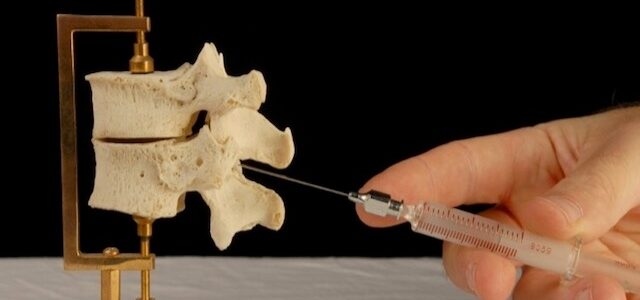I have been thinking a lot about epidural anesthesia for childbirth. Among those who have experienced it, birth is almost universally described as painful. Who wouldn’t want a drug or procedure that takes away the pain? Clearly, most pregnant people in America want this. It is by far the mainstream way to give birth. Read more
More About Epidurals




